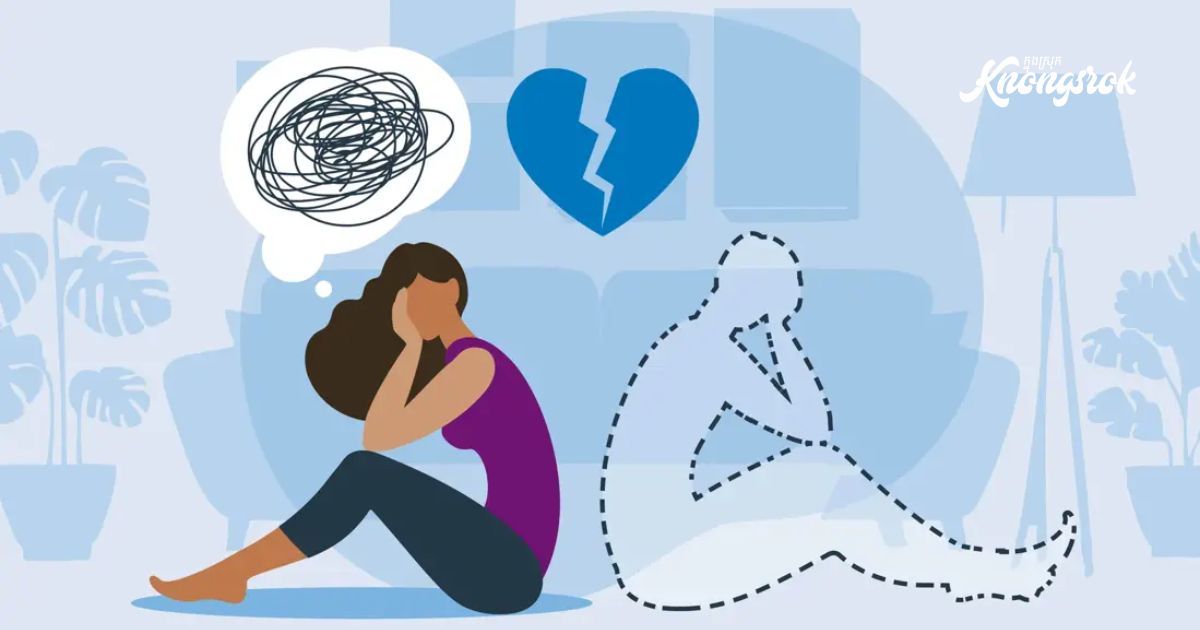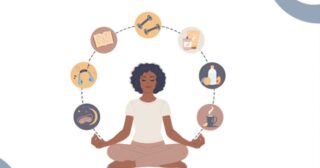4 Physical Signs You Really Miss Your Partner, Because Lovesickness Is So Real
Love is more than just a feeling—it’s a whole-body experience. When you’re deeply connected to someone, the emotional bond can be so strong that their absence doesn’t just hurt emotionally, but physically too. That intense longing? It’s called lovesickness, and it’s backed by science.

Whether you’re in a long-distance relationship, going through a breakup, or your partner is simply away for a while, your body can respond in very real ways. Here are 4 physical signs you’re truly missing your partner—and why it matters.
1.
Loss of Appetite or Sudden Cravings
Ever felt like food just doesn’t taste right when they’re not around? You’re not alone. One of the most common physical signs of missing someone is a change in appetite. Some people lose interest in eating altogether, while others find themselves craving comfort food like chocolate or carbs—anything to trigger a dopamine release that mimics the feeling of being close to their partner.
Why it happens: Love stimulates the brain’s reward system. When that stimulus (your partner) is missing, your brain can struggle to regulate mood and hunger hormones like dopamine and serotonin.
SEO Tip: Long-distance relationship appetite loss, emotional eating when missing someone.
2.
Sleep Problems and Restlessness
Do you find yourself tossing and turning at night, replaying memories or reading old messages? Insomnia or disturbed sleep is a real physical symptom of lovesickness. Your body is on high alert emotionally, which can keep you from relaxing enough to fall into deep, restful sleep.
Why it happens: Missing someone can trigger the stress hormone cortisol, making it difficult to wind down. Plus, if you’re used to sleeping beside your partner, the bed can suddenly feel cold and empty—impacting your sleep quality.
Tip: Can’t sleep without partner, lovesickness insomnia.
3.
Aches, Pains, and That Heavy-Heart Feeling
Heartache isn’t just a metaphor—it can feel very real. Some people experience chest tightness, stomachaches, or a deep physical ache that’s hard to explain. This is often your body responding to emotional stress.
Why it happens: Emotional distress can activate your nervous system, causing real physical discomfort. Some studies even show that the brain processes social pain in the same way as physical pain—especially in areas like the anterior cingulate cortex.
Tip: Physical pain from heartbreak, lovesickness body ache.
4.
Fatigue and Low Energy
When you’re missing someone deeply, even the simplest tasks can feel exhausting. You might feel drained, unmotivated, or mentally foggy. That’s because emotional energy is closely tied to physical energy.
Why it happens: Constant longing or sadness can deplete your body’s energy reserves, especially when paired with poor sleep or stress. It’s like your body is running on emotional fumes.
Tip: Emotional exhaustion missing partner, fatigue during heartbreak.
So, Is Lovesickness Real?
Absolutely. Science shows that the brain reacts to heartbreak and separation much like it would to physical trauma or addiction withdrawal. You’re not “being dramatic”—you’re biologically wired to form deep attachments, and when that attachment is threatened, your body feels it.
What to do about it:
Talk to your partner, even a quick message can lift your mood
Journal or express your feelings creatively
Meditate, exercise, or walk in nature to reset your nervous system
Lean on close friends for support
Consider therapy if these signs persist for weeks
Final Thoughts
Missing someone you love is painful—but it’s also a sign of deep connection. While lovesickness can show up in unexpected physical ways, it’s also a reminder of how real your bond is. Be gentle with yourself. Just like physical wounds, emotional ones take time to heal—or until your next warm hug.










